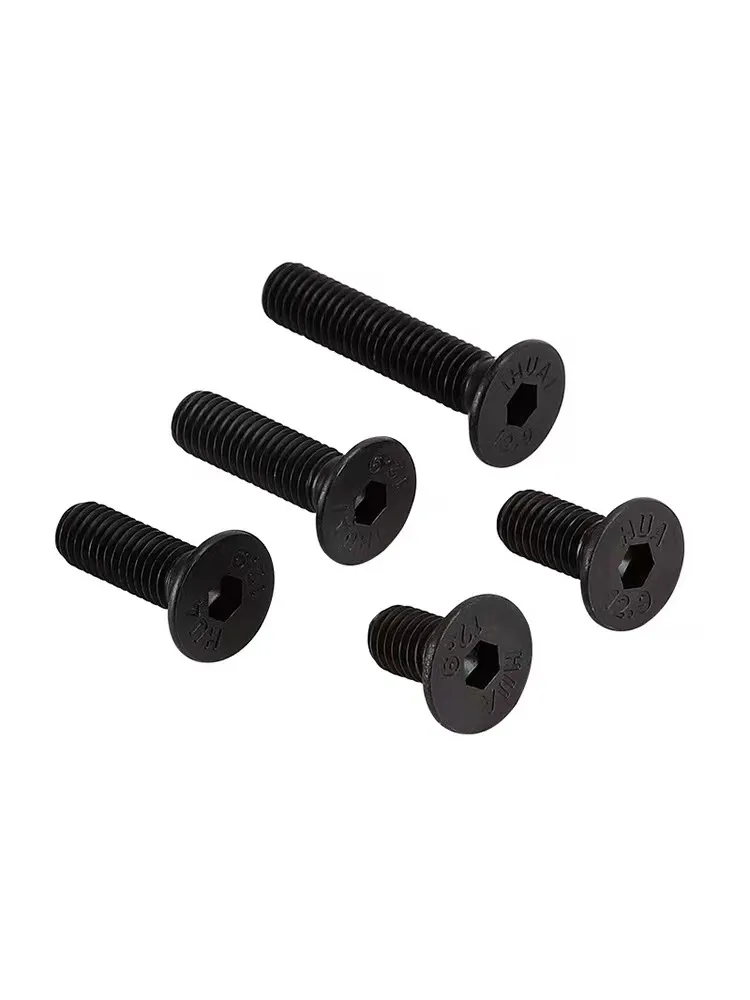

stud bolt flange
Nov . 19, 2024 08:53 Back to list
stud bolt flange
Understanding Stud Bolt Flanges An Essential Component in Engineering
In the field of engineering and construction, the significance of effective fastening solutions cannot be overstated. Among the various elements used to secure structures, the stud bolt flange stands out as an essential component. This article delves into the intricacies of stud bolt flanges, including their design, applications, advantages, and maintenance.
What is a Stud Bolt Flange?
A stud bolt flange is a mechanical component that consists of a stud bolt, which is a long rod with threads on both ends, and a flange that connects two pieces of equipment or piping systems. The stud bolts provide the necessary tensile strength to keep the flanged joints tightly sealed, while the flanges facilitate the easy connection and disconnection of parts. Typically made from materials like carbon steel, stainless steel, or specialized alloys, stud bolt flanges are designed to withstand high-pressure applications and extreme temperatures.
Design and Construction
The design of stud bolt flanges includes several key features that enhance their efficiency and performance. The flange itself usually has a raised face or flat face configuration, allowing it to create an effective seal when compressed against a gasket. The stud bolts are threaded to enable secure fastening, often utilizing nuts to enhance the clamping force. The length and diameter of the stud bolts can vary, depending on the size and pressure requirements of the application.
Additionally, the choice of material is critical; for instance, while carbon steel may be adequate for standard applications, corrosive environments warrant the use of stainless steel or other corrosion-resistant alloys. This diversity in design allows stud bolt flanges to be used across a range of industries, including oil and gas, chemical processing, water treatment, and power generation.
Applications
Stud bolt flanges find their application in various systems where effective sealing is paramount. They are commonly used in piping systems, pressure vessels, heat exchangers, and reactors. In the oil and gas industry, for example, they are integral in ensuring the integrity of pipelines that transport liquids and gases under high pressure. Similarly, in chemical plants, these flanges help maintain safety and efficiency by preventing leaks during the handling of volatile substances.
Moreover, stud bolt flanges are essential in manufacturing environments, particularly within machinery that requires frequent assembly and disassembly
. Their ability to provide a robust connection while allowing for easy maintenance contributes significantly to operational efficiency.Advantages of Stud Bolt Flanges
stud bolt flange

The use of stud bolt flanges offers numerous advantages
1. Reusability One of the most significant benefits is their reusability. Unlike welded connections, which are permanent, stud bolt flanges can be disassembled, inspected, and reassembled, making them a cost-effective choice for many applications.
2. Ease of Maintenance The ability to quickly disconnect and reconnect components facilitates maintenance and repairs, reducing downtime and operational costs.
3. High Tensile Strength The design of stud bolts allows them to withstand significant stress, ensuring a durable and long-lasting connection.
4. Versatility Stud bolt flanges can be adapted to various sizes, shapes, and pressure ratings, making them suitable for a wide range of applications.
5. Enhanced Safety When properly installed, stud bolt flanges can provide a leak-proof seal, thus ensuring safety in high-pressure environments.
Maintenance and Inspection
To ensure the effectiveness of stud bolt flanges, regular maintenance and inspection are crucial. Engineers and technicians must periodically check for signs of wear, corrosion, or loosening of the bolts. Proper torqueing is essential, as inadequate tension can lead to leaks, while excessive tension may result in bolt failure. Routine inspections can help identify potential issues before they escalate, ensuring the integrity and safety of the system.
Conclusion
In summary, stud bolt flanges are vital components in various engineering fields, providing a reliable method for connecting and sealing piping systems. Their versatile design, ease of maintenance, and reusability make them a preferred choice for many applications. Understanding the importance of these components allows engineers and technicians to optimize their use, ensuring safety and efficiency in their operations. As industries continue to evolve, the relevance and application of stud bolt flanges will undoubtedly remain integral to modern engineering practices.
Latest news
-
Hot Dip Galvanized Bolts-About LongZe|High Strength, Corrosion Resistance
NewsJul.30,2025
-
High-Strength Hot Dip Galvanized Bolts - Hebei Longze | Corrosion Resistance, Customization
NewsJul.30,2025
-
Hot Dip Galvanized Bolts-Hebei Longze|Corrosion Resistance&High Strength
NewsJul.30,2025
-
High-Strength Hot-Dip Galvanized Bolts-Hebei Longze|Corrosion Resistance&High Strength
NewsJul.30,2025
-
Hot Dip Galvanized Bolts-Hebei Longze|Corrosion Resistance&High Strength
NewsJul.30,2025
-
Hot Dip Galvanized Bolts - Hebei Longze | Corrosion Resistance, High Strength
NewsJul.30,2025

